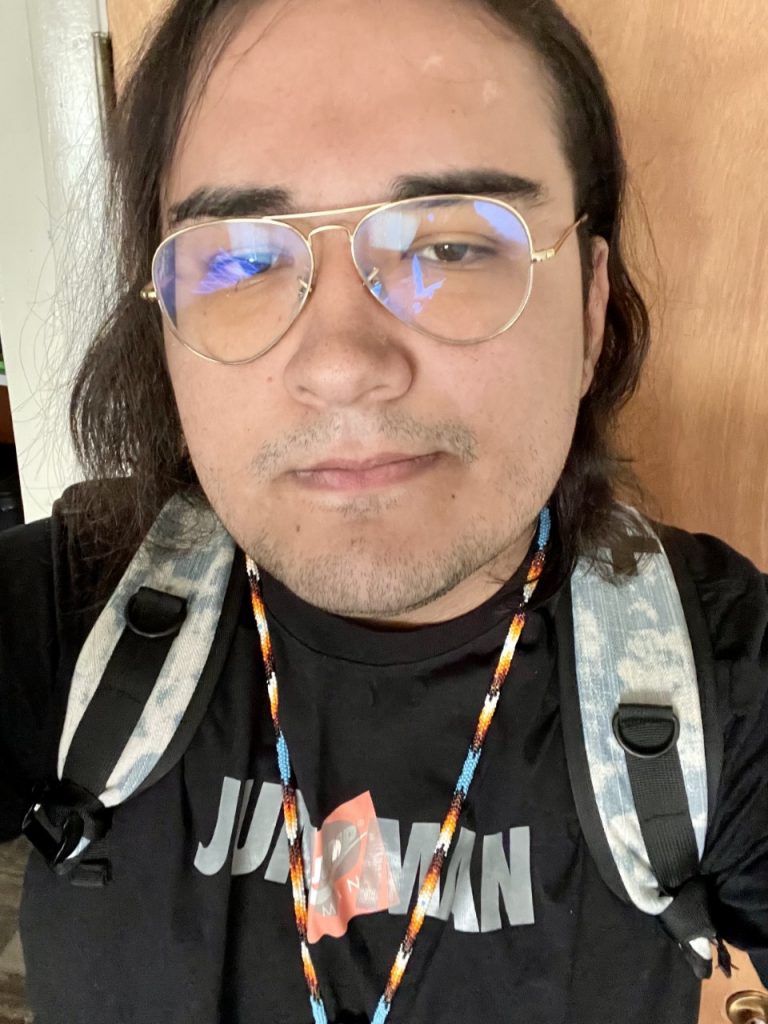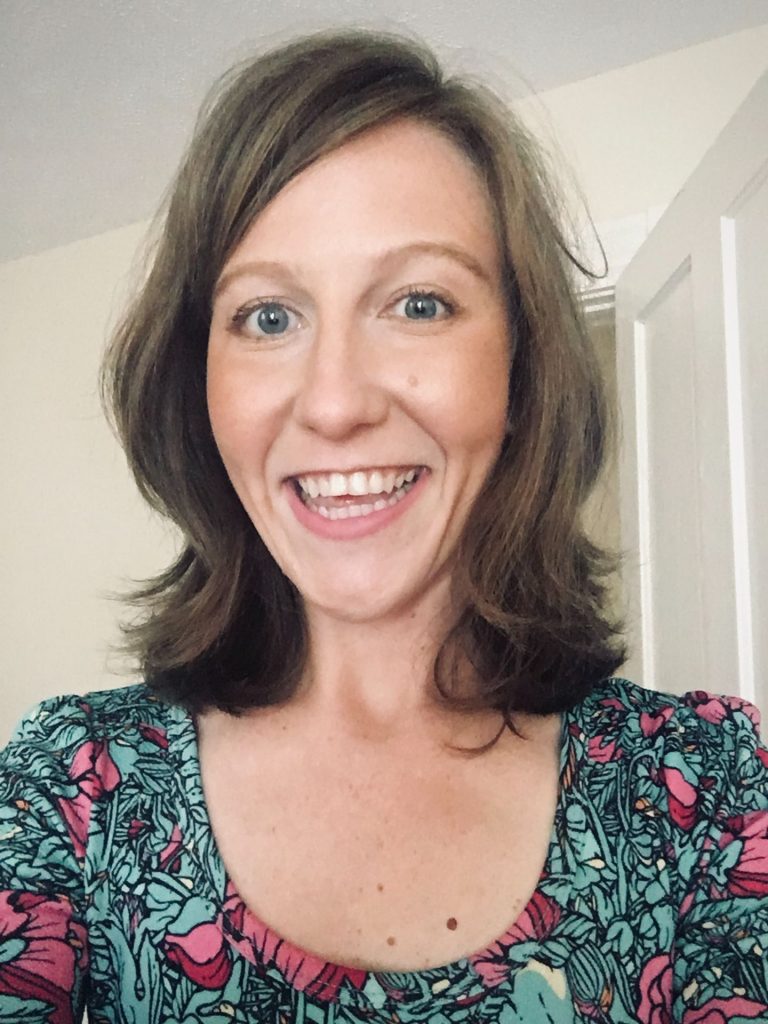What is now known as the United States contains more than 800 Indigenous tribes and nations, with the people who connect with Indigenous identities comprising an essential part of today’s American culture.
“We’re here,” said Nitakechi “Nate” Muckintubbee, a sophomore from Peoria and president of the newly formed Illinois State University registered student organization TRIBE (Teaching, Reviving, Indigenizing, Beautifying, and Equalizing). Part of the group’s mission is to express how Indigenous people and culture are the present, far from being relegated to a chapter in the history books. “So many of us grew up thinking of ourselves as just descendants of Native Americans, as though the ‘real ones’ died off,” said Muckintubbee. “That’s not true at all. We’re still here.”
Muckintubbee formed TRIBE over the summer when he transferred to Illinois State from the Peoria area. The organization is an affiliate of the national not-for-profit he founded in 2013 known as the Organization for Indigenous Autonomy. “I’ve been advocating for Native sovereignty since I was in eighth grade,” he said. Muckintubbee connected with English studies doctoral candidate Darcy Allred, whose research centers on decolonial studies. “I spent a great deal of my life enculturated, thinking that my Native identity was something I needed to reserve for my tribal community,” said Allred, who grew up visiting family in Oklahoma. “That’s one of the reasons I think that this RSO is so important. It can show students of all different walks of Native life that there’s a space for them here.”
TRIBE is open to those who identify as Indigenous people and allies. “Many people outside urban areas don’t get much exposure to Native American culture, despite being in a state named after Native Americans,” said Muckintubbee. According to the American Indian Center (AIC), more than 75 percent of all Native people in the United States are living off-reservation and in urban settings. AIC Chicago reports the third-largest urban Native American population in the country with more than 100 tribal nations represented. “If you live outside the city, you may have never met a Native American. That’s why TRIBE is important, both for exposure and for Native kids that want a safe community,” said Muckintubbee.
Both Muckintubbee and Allred prefer to self-identify, rather than being asked by others to declare a tribe. “A lot of it goes back to registration, where people had to register ‘blood quantum’ or how they were related to recognized tribes,” said Muckintubbee, who self-identifies as an unregistered Choctaw and Chickasaw. “I don’t believe in registration, because there’s only three beings in the United States that still have to be registered with blood quantum. It’s dogs, horses, and the Native Americans.”
TRIBE will hold a vigil and healing in honor of those lost to the boarding schools.
Find information about the September 30 vigil on the Quad.
Allred added that self-identification among Indigenous people can be complex. “Some tribes are federally recognized, some recognized by the state, some by neither,” she said. “We need to get away from being too simplistic, while still giving a nod to that concept of kinship and connection to land.” Allred is a member of the Wyandotte Tribe of Oklahoma, whose language was one of many decimated by the American Indian boarding schools. Also known as “Indian Residential Schools,” the federally funded institutions took root in the 1600s and became policy in the late 19th and early 20th centuries. Native youth between the ages of 3 and 16 were taken and stripped of any Indigenous identity, including being beaten for speaking any language but English.
Every generation has felt the impact of the boarding schools, said Muckintubbee. “My granduncles all went. My grandmother’s parents went. My grandmother would have gone as well, but her parents spoke up,” he said. “She lost a cousin at the age of five, who was beaten to death for not speaking English.”
“The institution of federal boarding schools is the main reason we don’t have our languages,” said Allred. “For the people who did survive, it’s heartbreaking and infuriating to think of the trauma that impacts them and impacts our generation as well.”
It falls on current generations to revive Native languages and cultures, noted Muckintubbee. “We work to make sure our communities are advancing, and that our elders can share the knowledge they have,” he said.
Find out more about TRIBE in Redbird Life.


